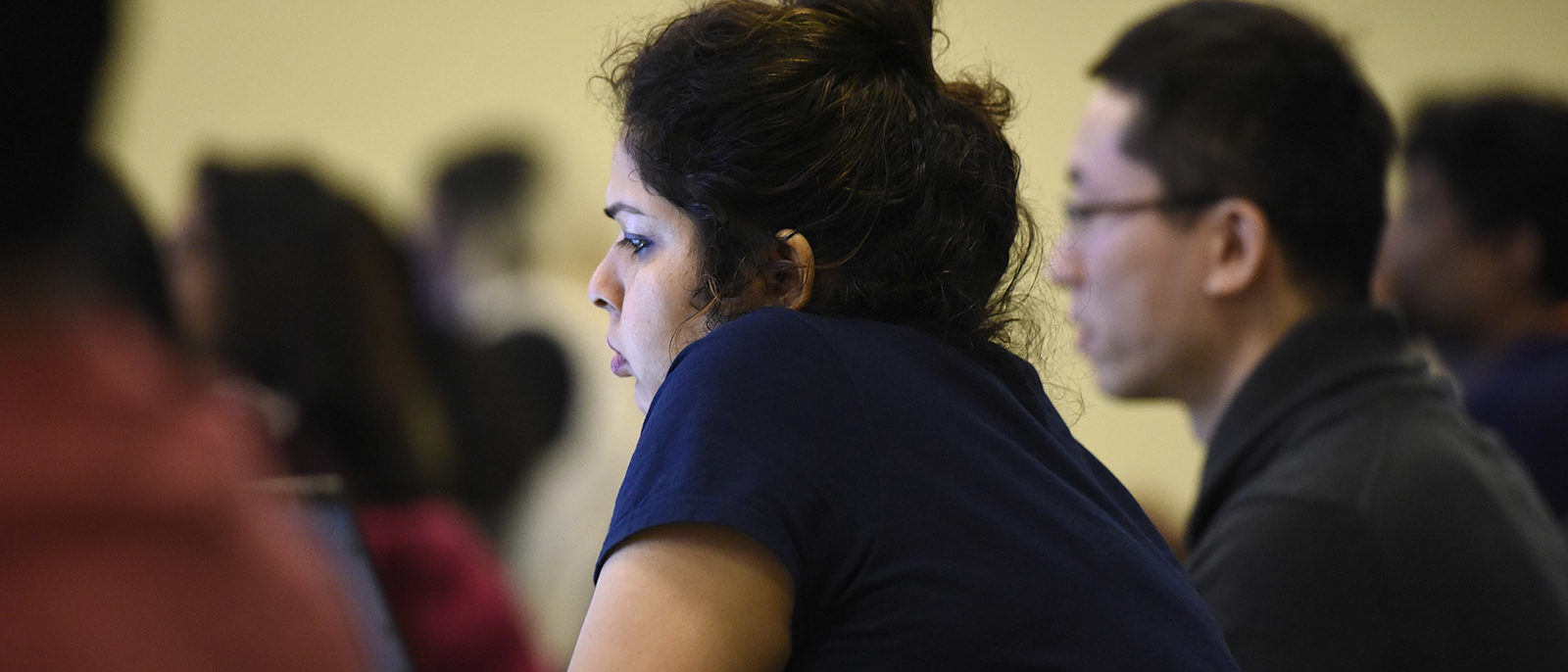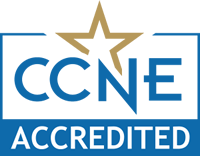
Bachelor of ScienceNursing RN to BSN (Online)
The Harrisburg University RN to BSN program offers the strong online BSN program you would expect from a STEM-centered university.
This program is accredited by the Commission on Collegiate Nursing Education (CCNE).

Streamlined Admissions Process
The admission process for the BSN is streamlined since this program is designed for licensed RNs. Students are automatically granted up to 70 credits upon admission. The BSN degree for RNs is committed to offering advanced, career-focused educational opportunities to licensed nurses. Application Timeline – The admission process recommends completing and submitting the application at least 30 days prior to the start of a session. This application process allows ample time to be accepted, develop an academic schedule, and to process financial aid applications (if applicable). To complete the process, an applicant should:
- Apply online at https://apply.harrisburgu.edu/apply/ or complete a paper application that is available from the Admissions Office.
- Submit all official college transcripts(s), if applicable, for all college, university or diploma schools attended (whether academic credit was earned)
- A letter grade of C or higher is required.
- GPA of 2.0 is recommended (if less than, a written appeal can be submitted to the Director).
- Provide the state and number of your current active RN license.
Program Lead

Mark Crider, Ph.D., RN Executive Director, Professor and Program Lead of Nursing
Corporate Faculty
Part Time Faculty
Executive Director, Professor and Program Lead of Nursing
Program Courses
Students are required to complete 120 credits for the Bachelor of Science Degree. The following 15 courses comprise the required core and experiential courses of the RN-BSN degree program. The credit value of each course appears in parentheses ( ).
Program News
HU professor recognized for her efforts and achievements
Dr. Nancy Mimm of the Harrisburg University of Science and Technology M.S. Nursing program has been nominated for a 2022…
HU professor discusses disparities in pregnancy care
According to the CDC, Black women are three times more likely than White women to die during pregnancy, birth, or…
HU professor to lead course for NIH
A Harrisburg University of Science and Technology professor will teach a course to National Institutes of Health scientists and fellows…
Tick season in Pennsylvania
The Midstate is heading into peak tick season, which means people are more at risk for Lyme disease, the most…
Tools and technology impacting population health
What’s next for digital tools in population health. How can telehealth and at-home health care solutions improve patient health? Should…
Harrisburg University forms coalition to help save lives in the community
Harrisburg University of Science and Technology will launch an awareness campaign to benefit children and adults in Harrisburg and nearby…
Take the Next Step
Get More Information
Questions about our programs? Reach out to a member of our team and get personalized answers.
Apply Now
Create an account and start your free online application to Harrisburg University today.


